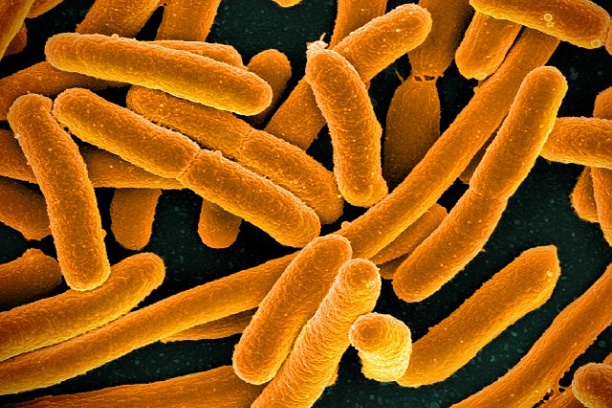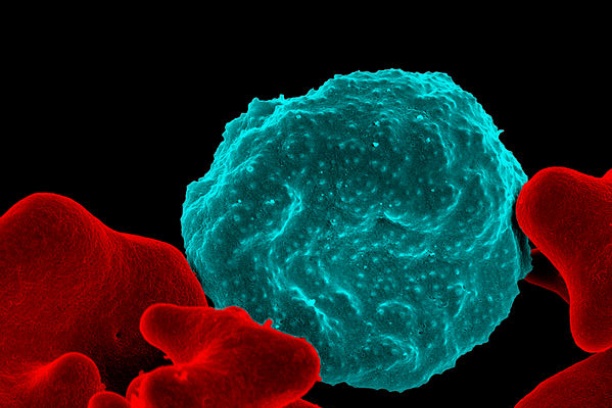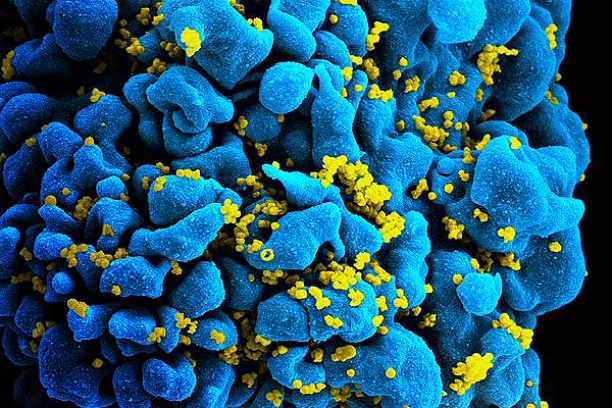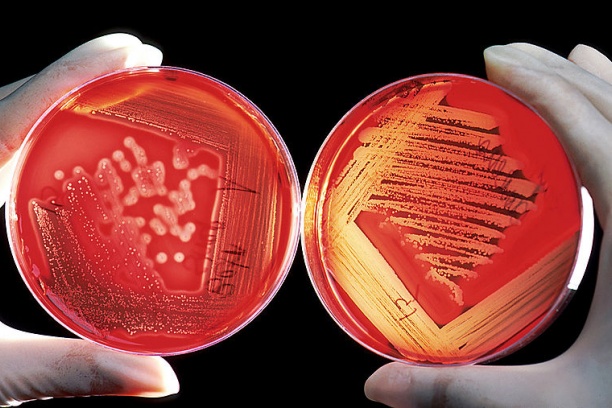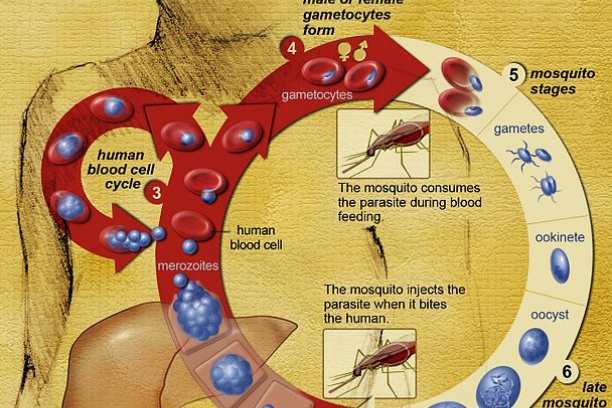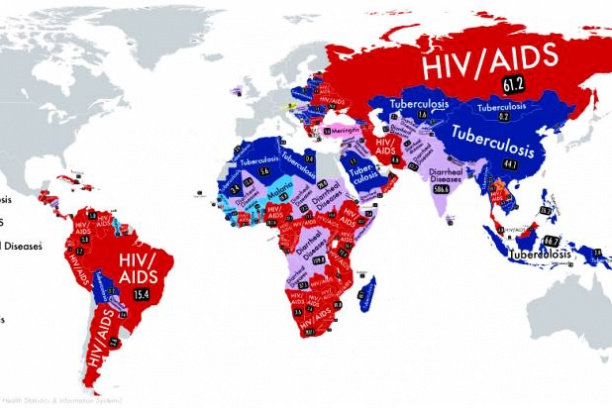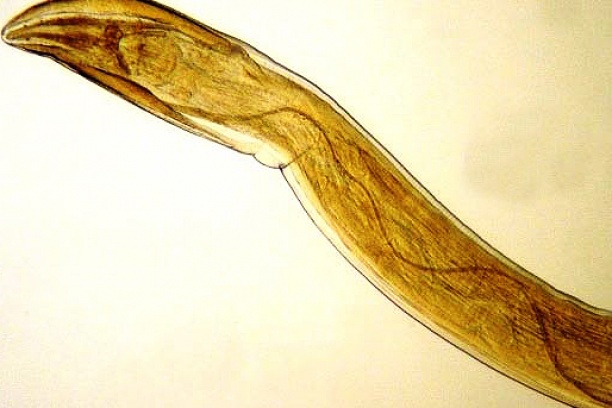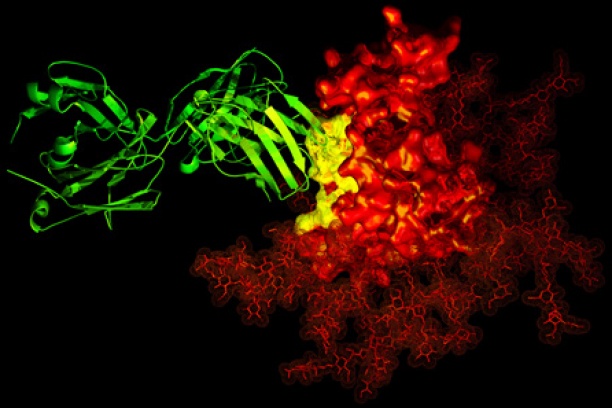Despite the tremendous success of antibiotics and vaccines, infectious diseases remain the second leading cause of death in the world and the leading cause in developing countries. As industrial antibiotic drug discovery efforts have waned, the challenge of combating new infectious disease risks has increasingly fallen on academic research laboratories. In response, efforts have begun to focus on molecular mechanisms of microbial pathogenesis with the goal of identifying and exploiting novel antibiotic drug targets. Facilitating these endeavors is the establishment of academic chemical biology programs, which provide the interdisciplinary platform needed to achieve these goals. Vanderbilt’s recent investments in its Institute for Infection, Immunology, and Inflammation (VI4) and Institute of Chemical Biology (VICB) provide the cutting edge resources needed to meet the new challenges of infectious disease research, placing Vanderbilt at the forefront of this important field. Consistent with these research priorities and our educational mission, this program establishes a training program to capitalize on our strengths in the Chemical Biology of Infectious Diseases (CBID) with the goal of attracting talented young people to the field and developing a new cadre of researchers prepared to address this growing threat. Our Training Plan incorporates educating graduate students in key foundational concepts and tools and is fundamentally grounded in research. A significant new highlight of this program is that each CBID trainee will have a summer internship experience at a major pharmaceutical company that is actively engaged in antimicrobial drug discovery.
Infectious Disease Training has a Strong History at Vanderbilt
Vanderbilt has a long tradition of outstanding infectious disease research, which spans both the School of Medicine (SOM) and the science departments in the College of Arts and Science (A&S). An exceptional level of collaboration between the SOM and A&S is facilitated by the close proximity of these institutions on the same campus, an advantage that Vanderbilt shares with few other universities in the United States. The primary sites of infectious disease research at Vanderbilt include the Divisions of Molecular Pathogenesis, Pediatric Infectious Disease, and Adult Infectious Disease within the SOM, and the Departments of Chemistry and Biological Sciences within A&S.
Vanderbilt is a Leader in Chemical Biology Training
The Vanderbilt Institute of Chemical Biology (VICB) provides comprehensive programs of research and education in chemical biology across the Vanderbilt campus. Since its inception in 2002, the Institute has established state-of-the-art core facilities, promoted frontier research, and created novel training mechanisms and courses that have catapulted Vanderbilt to the forefront of chemical biology and academic drug discovery nationally and internationally. The VICB’s 80 member laboratories, spanning both the SOM and A&S, leverage the tools of chemistry to study the biology of key players in a wide range of diseases, including neurological, cardiovascular, infectious and inflammatory diseases, cancer, and diabetes. Many of the proteins under investigation are validated or potential drug targets. The VICB provides the infrastructure needed to understand fundamental biomolecular systems, discover the molecular basis of disease pathogenesis, conduct the development of probe molecules to validate drug targets, and ultimately seed a drug discovery program. In fact, the VICB established the foundation for Vanderbilt’s highly successful programs in cancer and neuroscience drug discovery that have led to partnerships with private foundations.
Vanderbilt Institute for Infection, Immunology, and Inflammation (VI4)
The Vanderbilt Institute for Infection, Immunology, and Inflammation (VI4) was established in 2017 to bring together leading researchers in the areas of infection biology, immunobiology, and inflammation in a concerted effort to understand key processes underlying disease. With its membership of over 150 faculty, VI4 capitalizes on the strengths of Vanderbilt University and Vanderbilt University Medical Center in areas such as personalized medicine, structural biology, vaccinology, immuno-metabolism, immuno-oncology, and nutrition, while simultaneously creating the infrastructure required to support new research initiatives. VI4 provides access to unique resources and training opportunities that strengthen the research enterprise of CBID preceptor laboratories, including (i) pilot funding to expedite the launch of new research projects, (ii) mini-sabbatical funds to enhance training experiences, (iii) graduate student support through CBID, (iv) state-of-the-art equipment to advance immunology and microbiology research, (v) a bi-weekly seminar series, (vi) an annual symposium featuring leading researchers from outside Vanderbilt, (vii) robust junior faculty mentoring, (viii) community outreach activities, (ix) administrative support, and (x) support for the external internships for CBID students. Notably, in 2019 construction begins for the creation of VI4 physical laboratory space. Vanderbilt is renovating 30,000 square feet of physical space that will represent integrated VI4 research facilities for infection and immunology related research. This will provide an outstanding training environment for future CBID students. Through VI4, Vanderbilt claims its role as an international leader in the ongoing mission to improve human health through research that bridges the disciplines of immunology and infection biology.
